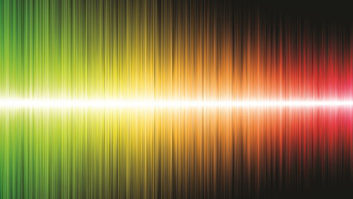
A key part of the letter to the Federal Communications Commission from the Joint Parties regarding their support of the digital power increase concerns the interference resolution system agreed upon by NPR and iBiquity and recommended to the agency.
The Joint Parties stressed the interference resolution criteria pertains to “legitimate, well-documented complaints of ongoing, harmful, interference” within a station’s protected contour. “It can’t be some random complaint,” one engineering source told me when I was reporting on the compromise.
According to the agreement reached by NPR and iBiquity, the system kicks in when two stations cannot agree on how to resolve interference.
The complaining station “must include interference reports from a minimum of three complainants and evidence of ongoing rather than transitory harmful interference within the station’s protected contour, describe any test measures used to identify IBOC-related interference” and document the extent of the interference, according to the proposal.
The Media Bureau would then have 90 days to resolve the complaint. In the event that doesn’t happen that quickly, the interfering station would reduce its digital to power to –14 dBc, and continue reducing in steps all the way back down to the current –20 dBc digital power level until the interference complaints stop.
The Joint Parties have asked the commission to establish specific requirements, including the criteria proposed by NPR and iBiquity, that must be satisfied for an interference complaint to be legitimate and eligible for action, and at the same time, weeding out other complaints that neither the commission nor the “complained-of” station should be obligated to devote their resources.
They ask the commission to examine and resolve legitimate complaints quickly, “as no one benefits from a protracted complaint resolution process.”
Assuming all stations use the NRSC IBOC mask compliance measurement guidelines as they raise their power levels, who are the likely “complainants”? Most listeners won’t realize that new noise they hear instead of the signal they used to hear could be IBOC interference. Therefore, they won’t complain. They’ll just tune to a different station.
We’ll have to see how this is going to work; some AMs would say the current complaint process, on which I understand this is patterned, doesn’t work so well.












